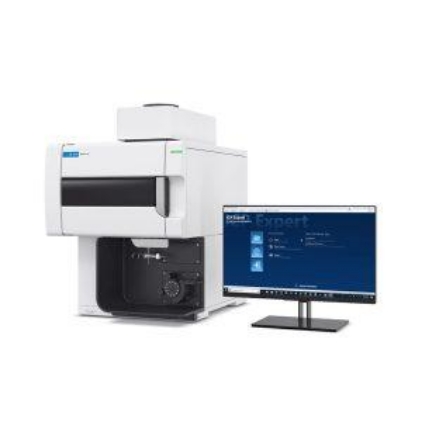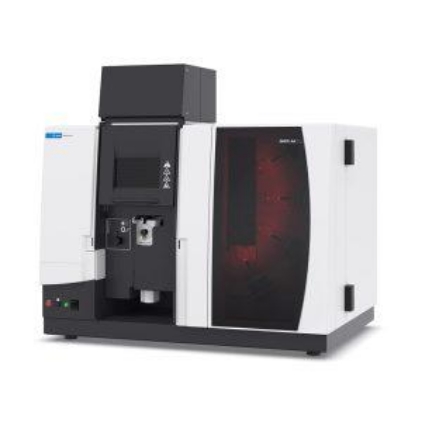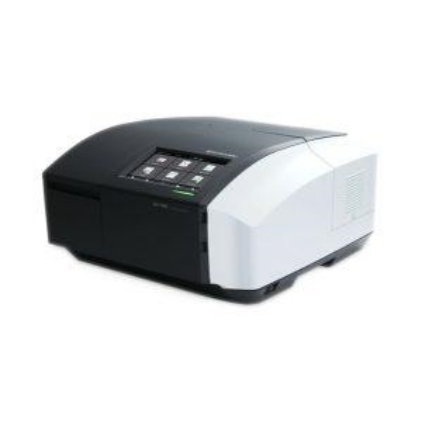
What is Microbial Analysis?
Microbial analysis is a detailed process used to detect and quantify microorganisms in various samples, including soil, water, food, and agricultural products. This analysis involves identifying bacteria, fungi, viruses, and other microorganisms to assess microbial quality, safety, and potential impact on health and the environment.
By understanding microbial communities and their functions, microbial analysis plays a crucial role in ensuring product safety, maintaining environmental standards, and promoting optimal agricultural practices. It helps prevent contamination, supports effective pest and disease management, and enhances soil fertility and crop productivity. This rigorous process is essential for validating product quality, ensuring regulatory compliance, and protecting both human and environmental health.
Tools
Incubator
Microscope
Spectrophotometer
Petri-Dishes-and-Agar-Plates
Sample submission form

Advantages of Microbial Analysis
- Identifies harmful microorganisms to prevent contamination and protect human and animal health.
- Assesses soil microbial communities to enhance soil fertility and crop productivity.
- Ensures that agricultural products meet safety and quality standards.
- Aids in effective pest and disease control strategies.
- Ensures compliance with health and safety regulations.
Precautions to be Taken
- Accurate Sampling: Use representative samples and follow standardised protocols to obtain reliable results.
- Sterile Techniques: Employ sterile techniques during sample collection and analysis to prevent contamination.
- Proper Storage: Store samples under appropriate conditions to preserve microbial integrity and prevent degradation.
- Calibrated Equipment: Use calibrated instruments and validated methods to ensure the accuracy and reliability of results.
- Expert Interpretation: Seek expert analysis and interpretation of microbial data for informed decision-making.
A Visual Guide to Sample Testing
Why is Microbial Analysis important?

- Ensures Product Safety: Detects harmful microorganisms in food and agricultural products, preventing contamination and safeguarding public health.
- Optimises Soil Health: Evaluates soil microbial communities to enhance soil fertility and promote sustainable agricultural practices.
- Supports Disease Management: Identifies pathogenic microorganisms, aiding in the development of effective pest and disease control strategies.
- Validates Quality: Confirms that agricultural products meet microbial quality standards, ensuring consumer safety and regulatory compliance.
- Enhances Environmental Protection: Monitors microbial populations to protect environmental health and biodiversity.
- Guides Fertiliser Use: Assesses microbial activity in soil to optimise the use of biofertilisers and improve crop yields.
- Improves Water Quality: Analyses water samples to detect microbial contamination, ensuring safe water for irrigation and consumption.
- Aids in Bioremediation: Identifies beneficial microorganisms that can be used for the bioremediation of contaminated soils and water.
- Monitors Food Safety: Ensures that food processing environments are free from harmful microorganisms, enhancing food safety.
- Supports Regulatory Compliance: Helps agricultural producers and food manufacturers comply with health and safety regulations.
Laboratory Equipment

ICP-OES

AAS


